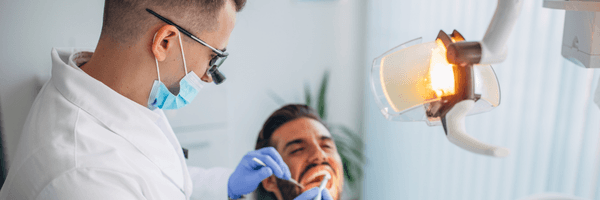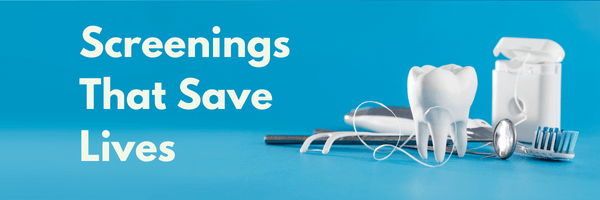
More Than a Cleaning: How Oral Cancer Education Builds Lasting Patient Trust
Posted April 16, 2025
April is Oral Cancer Awareness Month—a crucial time for dental professionals to shine a spotlight on a disease that impacts over 54,000 Americans each year. Among the frontline heroes in this effort are dental hygienists, who play a unique and powerful role in early detection and patient education. More than just a cleaning appointment, a visit with the hygienist can be a life-saving conversation that builds lasting trust between provider and patient.
Oral cancer is more dangerous than many realize. According to the Oral Cancer Foundation, oral and oropharyngeal cancers cause approximately 10,850 deaths annually in the United States. Even more concerning is the fact that survival rates drastically improve when these cancers are caught early—making routine screenings and awareness critical.
How Hygienists Build Trust Through Education
Hygienists have the most regular and extended contact with patients, making them ideally positioned to raise awareness. Rather than delivering scary statistics, the goal is to foster a sense of partnership, trust, and empowerment.
Key ways hygienists can build trust include:
- Initiating conversations about oral cancer risks during routine cleanings in a calm, informative manner.
- Explaining the screening process clearly so patients understand it’s quick, painless, and highly valuable.
- Sharing personalized risk factors, such as tobacco and alcohol use, HPV exposure, or family history, to help patients feel seen and understood.
Use Education to Strengthen the Patient-Hygienist Relationship
When hygienists take time to explain why they’re performing an oral cancer screening or what signs they’re looking for, patients feel cared for—beyond just their teeth. This kind of transparency and education builds stronger patient relationships and long-term loyalty.
Educational talking points to share:
- “Did you know oral cancer is more common than cervical cancer?”
- “This quick screen could detect something serious before symptoms show up.”
- “Even if you feel fine, early-stage oral cancer often has no symptoms.”
Let Awareness Month Be a Conversation Starter
Oral Cancer Awareness Month is the perfect time to normalize these conversations. Offices can feature educational posters, provide printed resources, or even host small patient Q&A events with the hygiene team.
Bullet points for in-practice engagement:
- Place educational handouts or QR codes in waiting areas and operatories.
- Share patient-friendly oral cancer content on social media throughout April.
- Offer complimentary oral cancer screenings to encourage attendance and engagement.
Trust Translates Into Loyalty
Patients who trust their dental team to care for their overall health—not just their smile—are more likely to return regularly and refer others. Educating them on oral cancer not only demonstrates your expertise but your commitment to their total well-being.
The Bottom Line: Prevention and Trust Go Hand-in-Hand
As trusted health advocates, hygienists can make a lasting impact this April and beyond by turning a potentially intimidating topic into a meaningful moment of connection. When patients feel informed, protected, and heard, they’re far more likely to stay loyal—and even become vocal advocates for your practice.
We connect and educate more than 900,000 job seekers in the U.S. and Canada to build better places to work through teams that excel.



.png)




.png)
